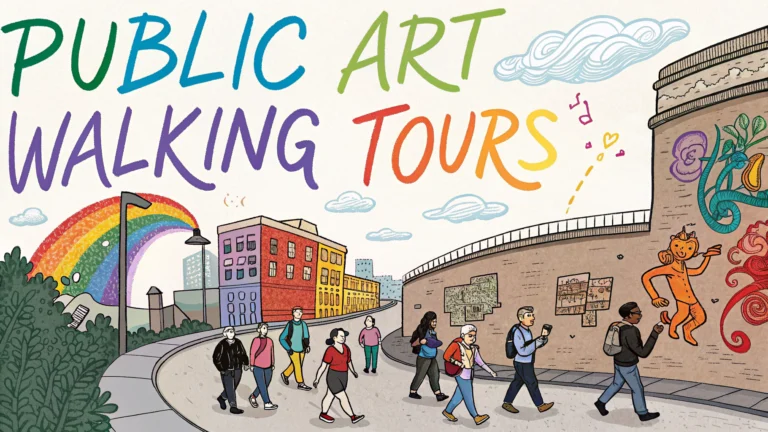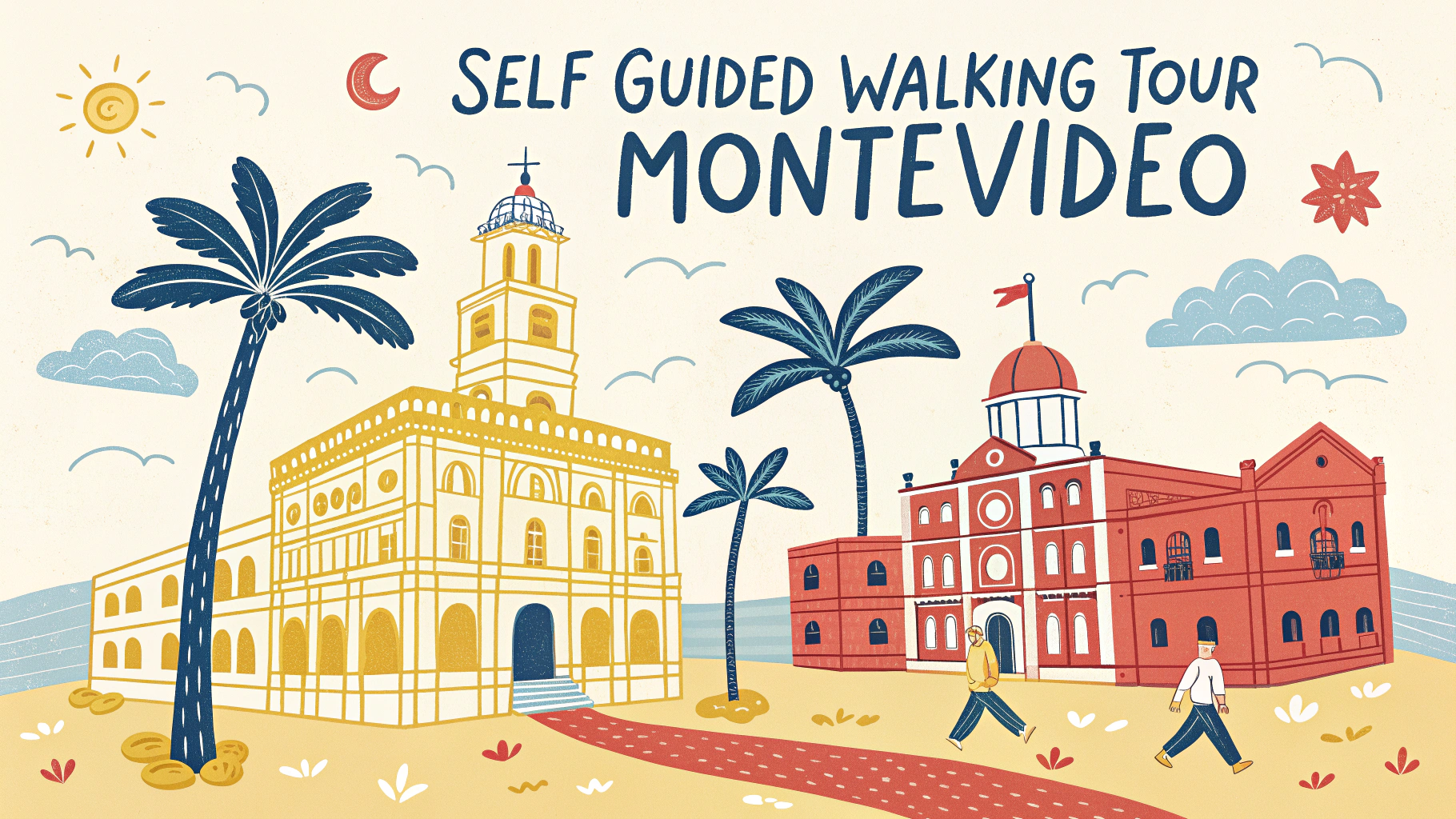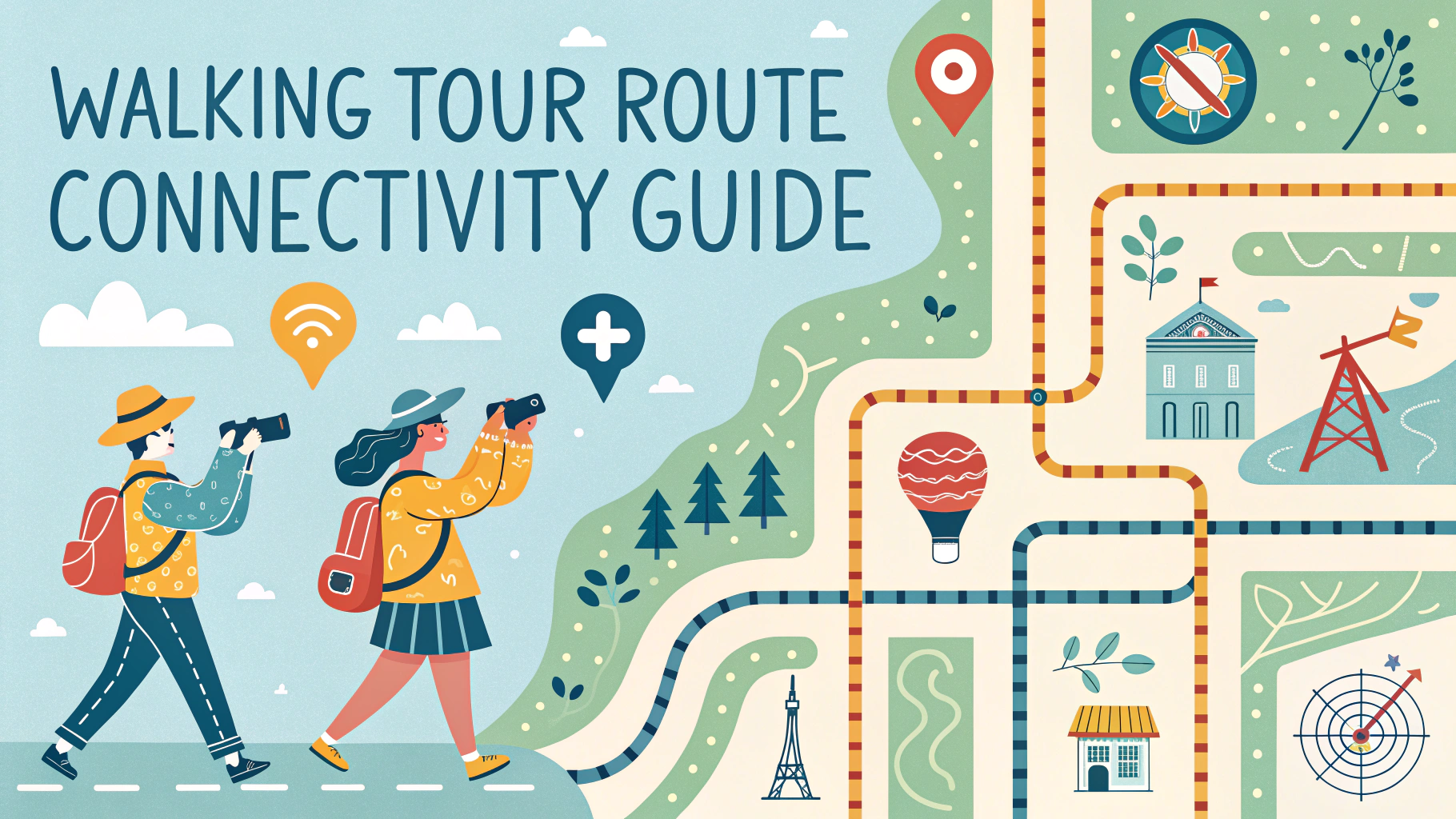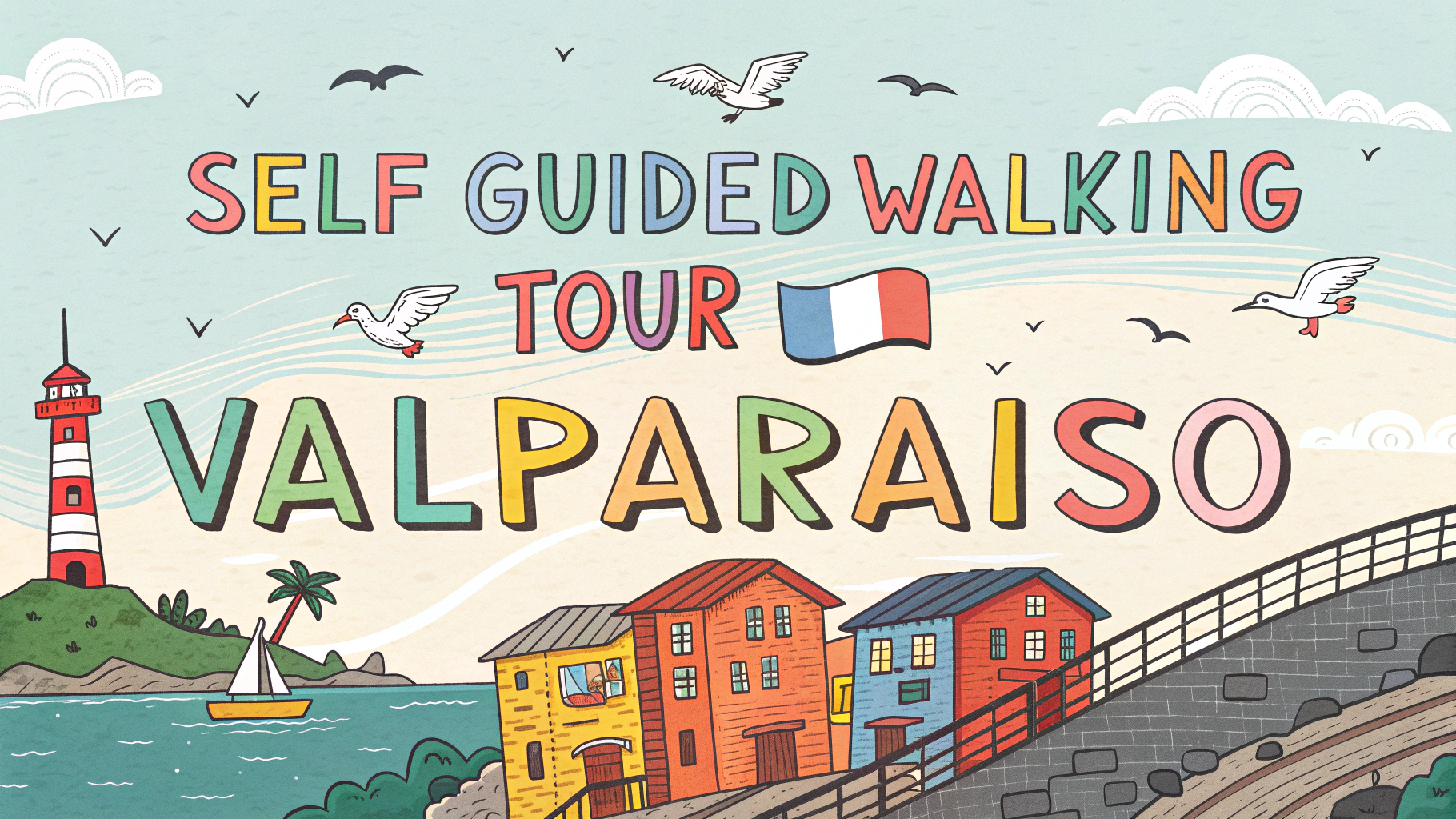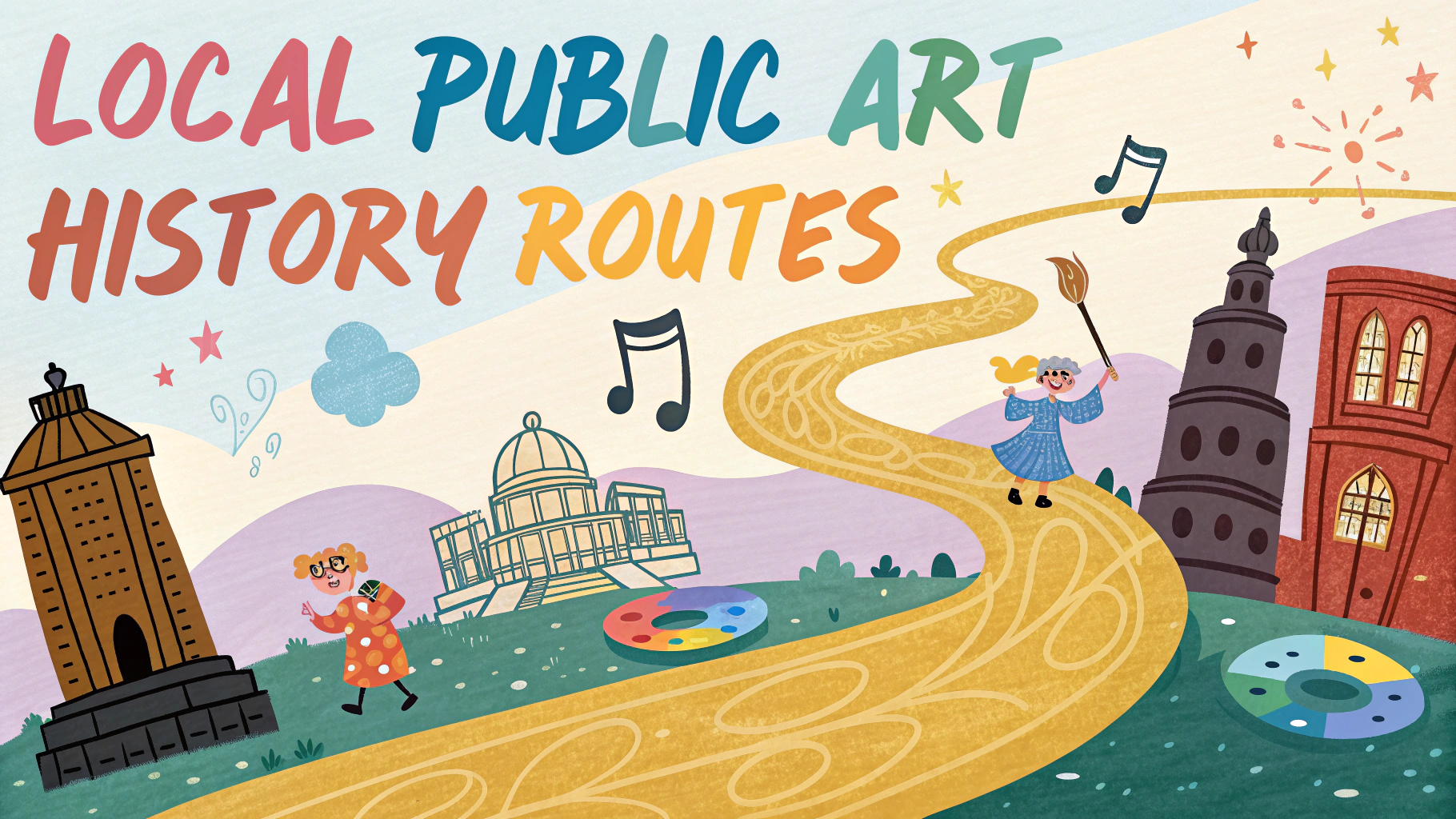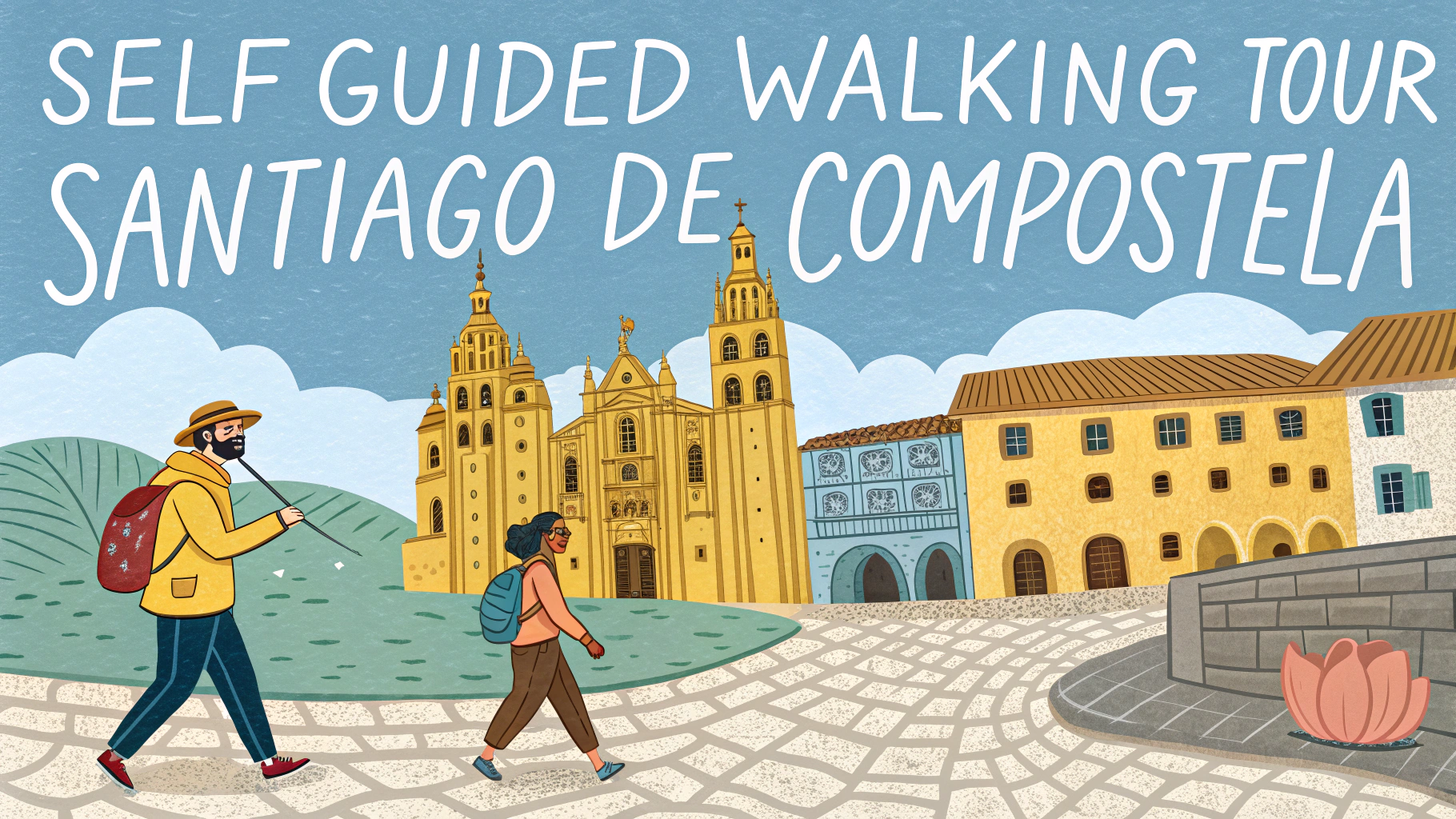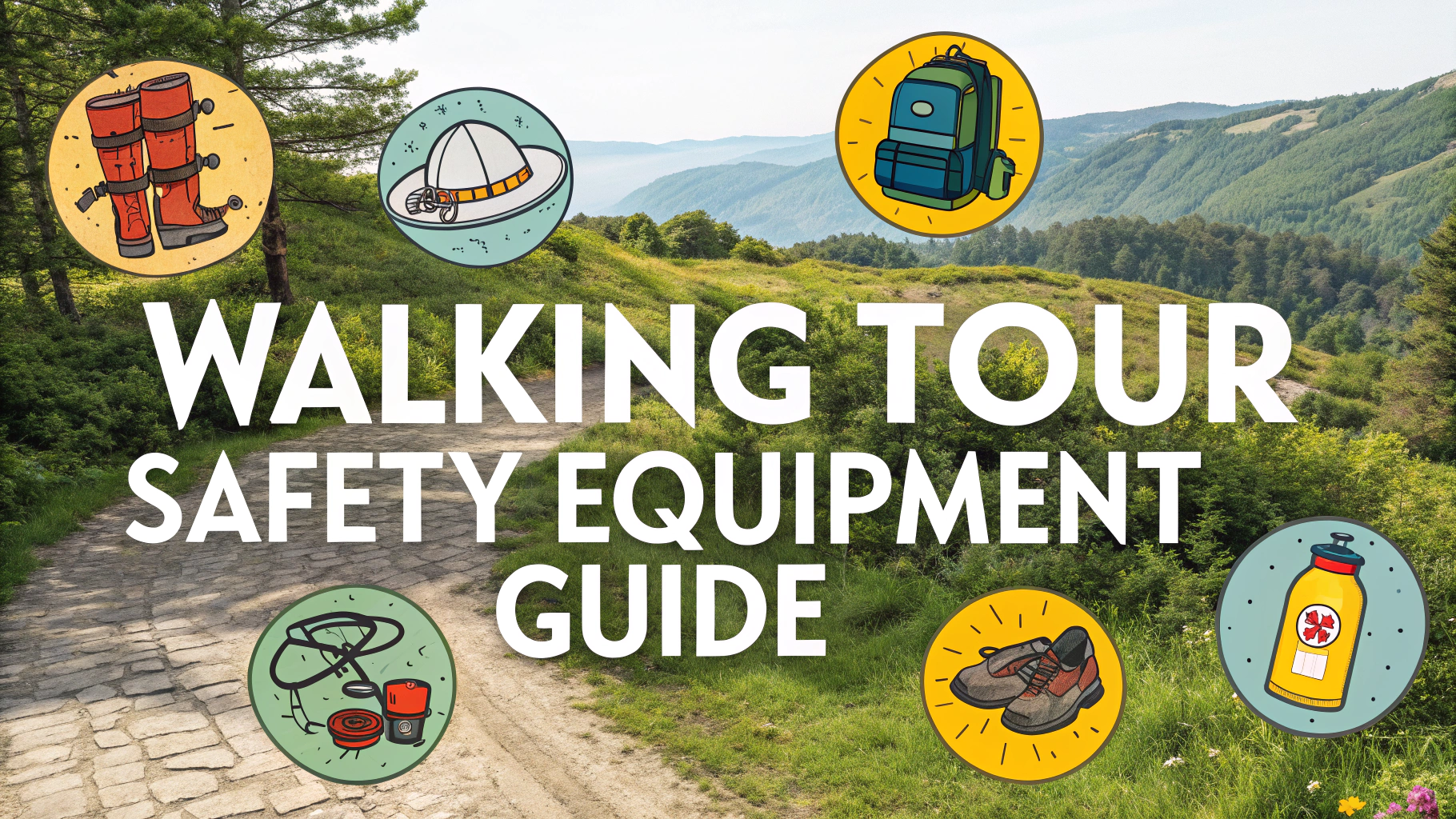Public art walking tours offer a unique way to explore a city’s cultural heritage while getting some exercise and fresh air.
This guide walks you through planning and enjoying self-guided public art tours in any city.
Planning Your Public Art Walk
Start by researching your city’s public art collection through local arts council websites, tourism offices, or dedicated public art apps.
- Download a city’s public art map if available
- Screenshot artwork locations on your phone
- Plan a route that connects multiple artworks
- Check weather conditions before heading out
- Wear comfortable walking shoes
Essential Items to Bring
- Water bottle
- Phone with camera
- Portable charger
- Small notebook for sketching or notes
- Weather-appropriate clothing
Making the Most of Your Art Walk
Take time to read any plaques or information panels near the artworks to understand their history and significance.
Photograph artworks from multiple angles to capture different perspectives.
Consider visiting at different times of day, as lighting can dramatically change how public art appears.
Popular Public Art Apps
- Culture Now – Extensive database of public art across multiple cities
- Bloomberg Connects – Free digital guide to cultural organizations
- Street Art Cities – Global street art discovery platform
Safety Tips
- Share your planned route with someone
- Stay aware of your surroundings
- Keep valuables secure
- Walk in well-lit areas
- Bring a friend when possible
Enhancing Your Experience
- Research artists beforehand
- Look up the historical context of pieces
- Join local art appreciation groups
- Follow public art hashtags on social media
Remember to respect the artwork by not touching or climbing on sculptures unless specifically permitted.
Finding Public Art Tours
| Resource | What to Look For |
|---|---|
| Local Tourism Websites | Official walking tour maps and guides |
| Arts Council Websites | Public art directories and databases |
| Municipal Websites | City-sponsored art programs and locations |
| Social Media | Local art groups and community pages |
Health Benefits of Art Walking
- Combines cultural enrichment with physical activity
- Reduces stress through mindful observation
- Promotes cardiovascular health
- Encourages social interaction when done in groups
- Stimulates creativity and mental engagement
Documenting Your Experience
Create a personal art walk journal or digital collection to track visited installations and your impressions.
Suggested Documentation Methods
- Photo diary with location tags
- Written reflections on each piece
- Sketch interpretations of favorite works
- Social media sharing with relevant hashtags
Seasonal Considerations
- Spring – Perfect for photography with natural blooms
- Summer – Early morning or evening walks recommended
- Fall – Ideal lighting conditions for photos
- Winter – Indoor art alternatives available
Conclusion
Public art walks offer an enriching way to experience your city’s cultural landscape while maintaining an active lifestyle. By properly planning your route, bringing essential items, and staying informed about local art installations, you can create meaningful connections with public spaces and artistic expressions in your community.
Remember that each art walk can provide a unique perspective, whether you’re a first-time explorer or a seasoned art enthusiast. Keep exploring, documenting, and sharing your public art discoveries to help build a more culturally aware and connected community.
FAQs
- What is a public art walking tour and why should I take one?
A public art walking tour is a self-guided or guided route that takes you through various outdoor art installations, murals, sculptures, and monuments in a city. It offers cultural enrichment, exercise, and a deeper understanding of a city’s artistic heritage and contemporary creative scene. - How long does a typical self-guided public art tour take to complete?
Most self-guided public art tours take between 1-3 hours to complete, depending on the route length, number of stops, and how much time you spend at each artwork. Routes typically range from 1-4 miles. - What should I bring on a public art walking tour?
Comfortable walking shoes, weather-appropriate clothing, water, a fully charged smartphone for maps and information, a camera, and a printed map or tour guide if available. Sunscreen and an umbrella may also be useful depending on weather conditions. - How can I find public art walking tour routes in my city?
Most cities’ tourism websites, cultural affairs departments, or arts councils offer downloadable maps and guides. Mobile apps like PocketSights, Google Arts & Culture, and city-specific art apps also provide tour routes. - Are public art walking tours wheelchair accessible?
Most urban public art tours follow sidewalks and public spaces that are wheelchair accessible. However, it’s recommended to check the specific route beforehand for any accessibility challenges or steep inclines. - What is the best time of day to take a public art walking tour?
Daylight hours are ideal for viewing outdoor art. Early morning or late afternoon typically offer the best lighting for photography and comfortable temperatures. Some light-based artworks may be best viewed at dusk. - How frequently do public art installations change along tour routes?
While permanent sculptures and monuments remain constant, murals and temporary installations may change seasonally or annually. Many cities rotate their public art collections regularly, especially in designated arts districts. - Can I take photos of public art installations?
Generally, yes. Public art is typically intended for public enjoyment and documentation. However, if the artwork is on private property or has specific copyright notices, respect any posted photography restrictions. - Should I take a guided or self-guided public art tour?
Self-guided tours offer flexibility with timing and pace, while guided tours provide historical context, artist information, and interactive discussion. Choose based on your learning style and schedule preferences. - How can I learn more about the artists and artwork during a self-guided tour?
Many public artworks have plaques or QR codes providing information. Cities often offer downloadable guides or mobile apps with detailed information about each piece. You can also research artists and works online before your tour.
